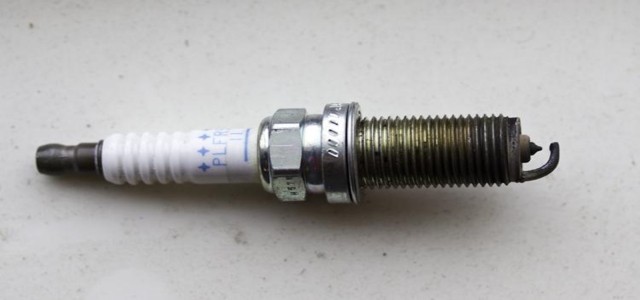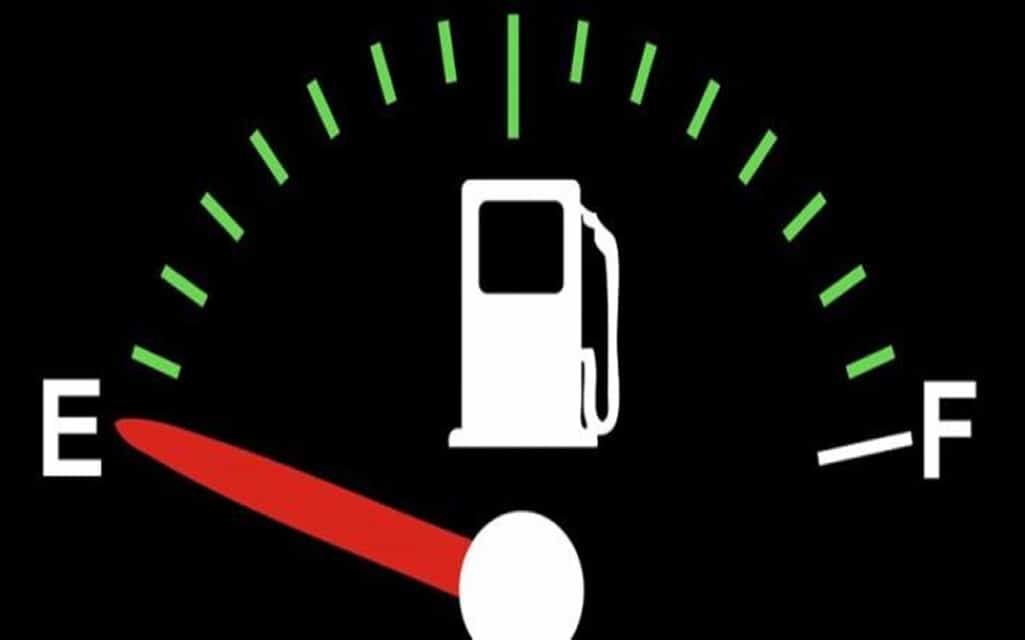When you bought your car, you did not expect to be filling up your fuel tank every few hours while on the road. But when your car begins to consume more fuel than is necessary, this is what you will begin to experience.
There are several reasons why you may be experiencing bad gas mileage, but at the end of the day, it means that your car is not operating as efficiently as it should. It also means that you will be spending more money at fuel stations because you will be filling up your car’s tank more often.
If you have been experiencing excessive fuel consumption or want to know how to avoid it, here are 7 common causes to be aware of.
1. Wrong tire pressure
One common culprit for excessive fuel consumption by your car is when your tires are incorrectly pressured. Thankfully, this is a simple error to correct. The key is to inflate your tires using the correct pressure specified by the manufacturer. You can find the information regarding tire pressure and vehicle load in your car owner’s manual or on a sticker just inside the frame of the front doors.
You should also endeavour to check the tire pressures periodically. You should be able to get an inexpensive pressure gauge online.
2. Bad oxygen sensors
Another common culprit for poor fuel efficiency of your car could be the oxygen sensors and air filters. In fact, problems with both or either of these can reduce your car’s fuel efficiency by 15 to 20 per cent. This is because the air filter and oxygen sensors work to balance the mixture of air and fuel your car uses, and when this is off, it causes your car to consume more fuel than usual.
If you are experiencing poor fuel efficiency, you should check to see if the oxygen sensor is bad, and clear the air filters of dust and debris.
3. Bad injector system
Your car’s injector system is responsible for putting fuel into the engine of your car, and when there is a problem with one or more of the injectors; it can result in more fuel consumption. For example, there could be a leak in one or more of the injectors; one or more injector may be damaged or dirty as a result of bad fuel. A good car technician should be able to check the injector system of your car to determine if it is the culprit.
4. Your driving habits
Not many people are aware, but the way you drive can affect how much fuel your car consumes. If you drive aggressively, chances are you accelerate too often and too sudden. This will cause your car to use up more fuel in order to meet your driving requirements. Also, if you drive constantly in heavy traffic or in an uphill environment, you should expect to see more fuel usage.
Driving at a good distance from the vehicle ahead of you is a good way to control how you drive so that you don’t brake and accelerate too often and suddenly. There are driving tips that will also help you improve as a driver.
5. Air conditioning abuse
Using air conditioning in your car adds extra load to the engine and this will cause your car to use up more fuel. However, when you are driving at speeds in excess of 80MPH, using the air conditioner is better for fuel efficiency as an open window at that speed will cause what is known as an aerodynamic drag.
Depending on the climate where you are, you should be able to tell when it is better to drive with an open window at normal speeds and when you need to put on the air conditioning so that you can regulate how much fuel your car consumes.

6. Bad spark plugs
Bad spark plugs are the most common culprits for low fuel efficiency. The spark plugs in your car are responsible for the combustion in your engine, and when one or more is bad, or when you use the wrong spark plugs, it makes your car to misfire, results in poor performance and forces your car to use up more fuel than necessary.
When you want to change the spark plugs in your car, make sure you follow the manufacturer’s recommendation of spark plugs to use, so that you can enjoy better car performance.
7. Wrong motor oil
Using the wrong motor oil can increase your car’s fuel consumption. The wrong type of viscosity will result in poor vehicle performance, poor fuel efficiency and excessive engine friction, all of which can eventually compromise the life of your engine.
Always make sure to use the engine oil type recommended by your car’s manufacturer.



